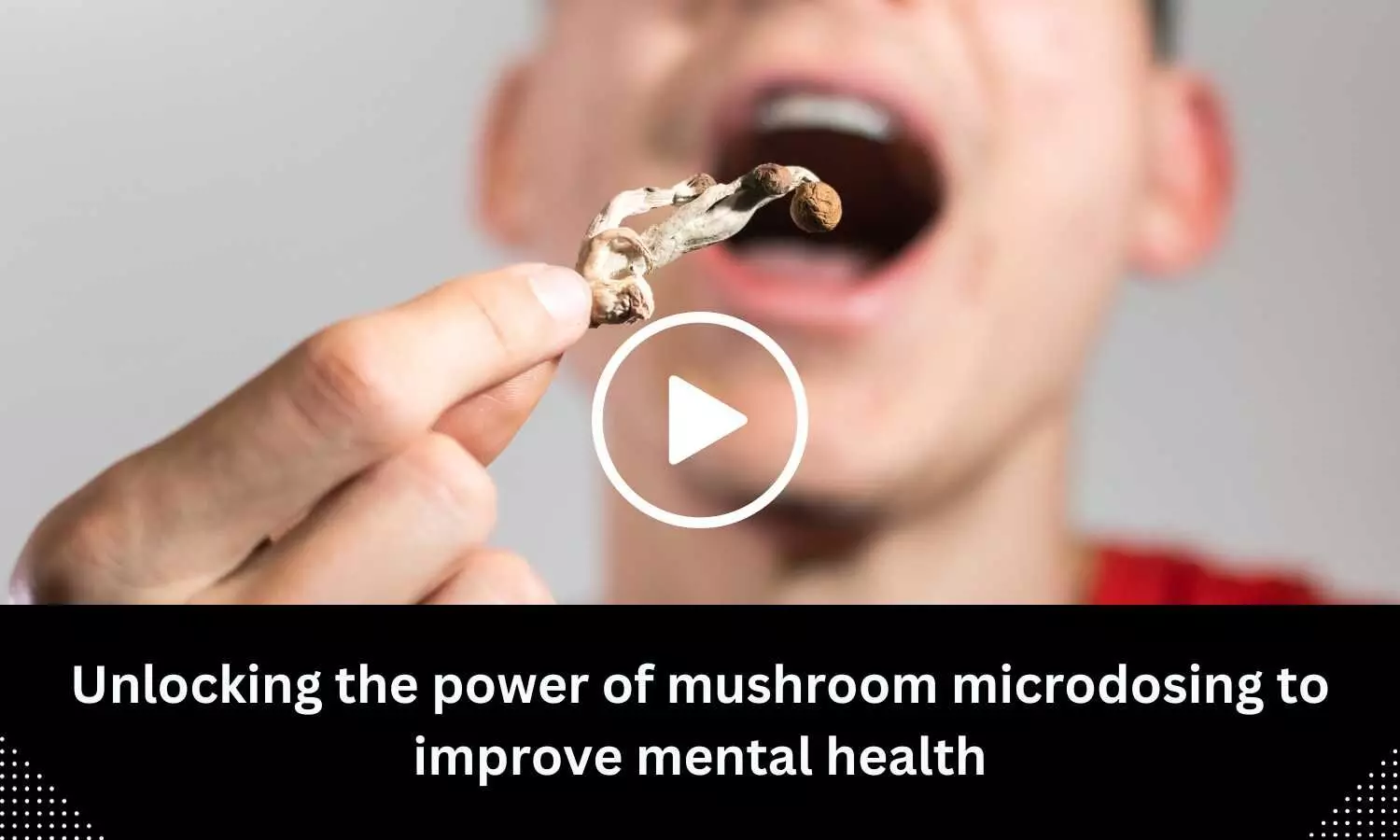
A recent study conducted on rats has shed light on the therapeutic potential of psilocybin microdosing, offering new hope for individuals struggling with various mental health conditions. Psilocybin, a compound found in psychedelic mushrooms, has long been associated with altered states of consciousness. Still, this research delves into the effects of microdoses, which are sub-perceptual and well below the psychedelic threshold.
Microdosing involves taking tiny, controlled amounts of a psychedelic substance, such as psilocybin, on a regular basis. The research involved administering low, non-psychedelic doses of psilocybin to rats, aiming to mimic the microdosing regimens reported by human users. Surprisingly, the rats tolerated the treatment well and did not display negative side effects typically associated with psychedelics, such as anxiety or altered behavior.
Even more intriguing, the rats showed signs of increased resilience to stress and reduced compulsive behaviors, paralleling some of the positive effects reported by human microdosing enthusiasts. This indicates that psilocybin microdosing might have therapeutic value.
Furthermore, the study uncovered potential physiological mechanisms at play. The treatment increased the expression of 5-HT7 receptors, which are involved in mood regulation, and synaptic density in a specific brain region.
Reference: Kiilerich, K.F., Lorenz, J., Scharff, M.B. et al. Repeated low doses of psilocybin increase resilience to stress, lower compulsive actions, and strengthen cortical connections to the paraventricular thalamic nucleus in rats. Mol Psychiatry (2023). https://ift.tt/sJG4HN5
from Medical News, Health News Latest, Medical News Today - Medical Dialogues | https://ift.tt/xBQZTVq

0 Comments